.
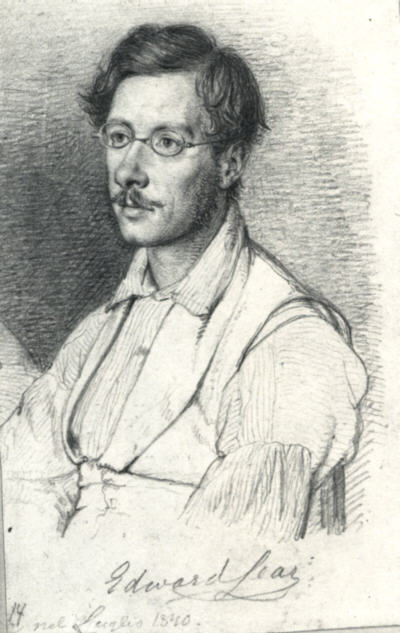
Edward Lear in Rome: Wilhelm Marstrand, 1840 (image by Kelson, 2006)
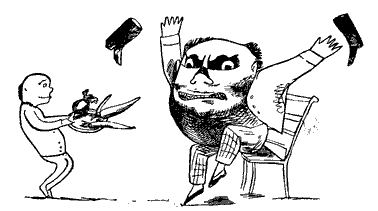
There was an Old Person of Bangor,
Whose face was distorted with anger;
He tore off his boots, and subsisted on roots,
That borascible Person of Bangor.
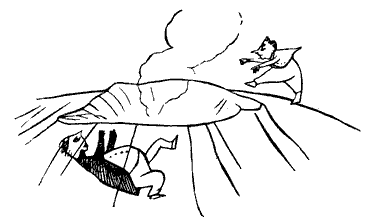
There was an Old Person of Gretna,
Who rushed down the crater of Etna;
When they said, "Is it hot?" he replied, "No, it's not!"
That mendacious Old Person of Gretna.
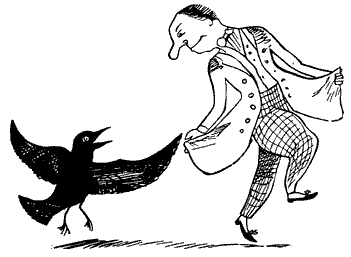
There was an Old Man of Whitehaven,
Who danced a quadrille with a Raven;
But they said, "It's absurd to encourage this bird!"
So they smashed that Old Man of Whitehaven.
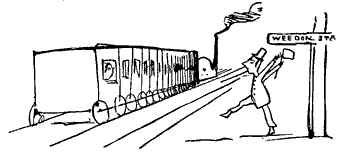
There was a Young Lady of Sweden,
Who went by the slow train to Weedon;
When they cried, "Weedon Station!" she made no observation,
But thought she should go back to Sweden.
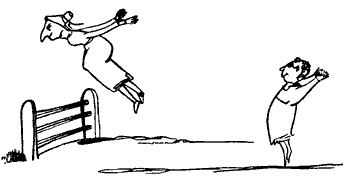
There was a Young Girl of Majorca,
Whose Aunt was a very fast walker;
She walked seventy miles, and leaped fifteen stiles,
Which astonished that Girl of Majorca.
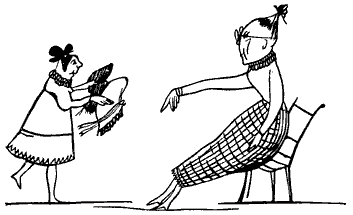
There was an Old Lady of Prague,
Whose language was horribly vague;
When they said, "Are these caps?" she answered, "Perhaps!"
That oracular Lady of Prague.

There was an Old Man of Cape Horn,
Who wished he had never been born;
So he sat on a Chair till he died of despair,
That dolorous Man of Cape Horn.
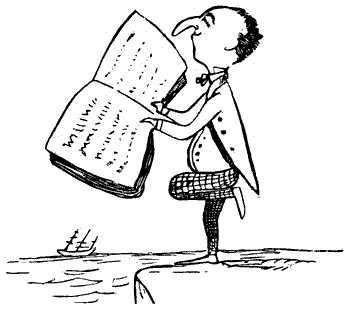
There was an old Person of Cromer,
Who stood on one leg to read Homer;
When he found he grew stiff, he jumped over the cliff,
Which concluded that Person of Cromer.
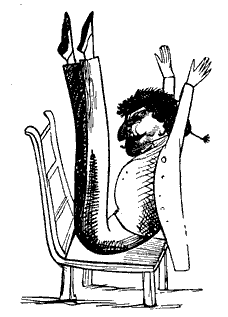
There was an Old Person of Spain,
Who hated all trouble and pain;
So he sate on a chair with his feet in the air,
That umbrageous Old Person of Spain.
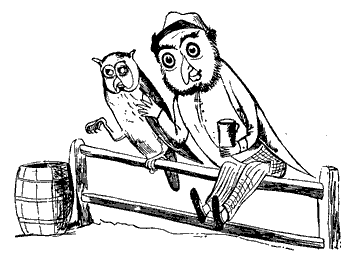
There was an Old Man with an Owl,
Who continued to bother and howl;
He sat on a rail, and imbibed bitter ale,
Which refreshed that Old Man and his Owl.

There was an Old Man in a casement,
Who held up his hands in amazement;
When they said, "Sir, you'll fall!" he replied, "Not at all!"
That incipient Old Man in a casement.

There was an Old Person of Ewell,
Who chiefly subsisted on gruel;
But to make it more nice, he inserted some Mice,
Which refreshed that Old Person of Ewell.
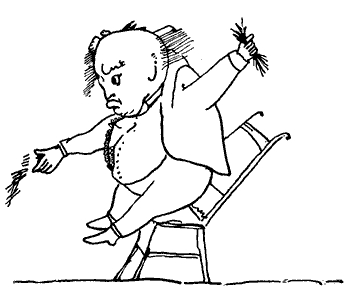
There was an Old Man of Peru.
Who never knew what he should do;
So he tore off his hair, and behaved like a bear,
That intrinsic Old Man of Peru.
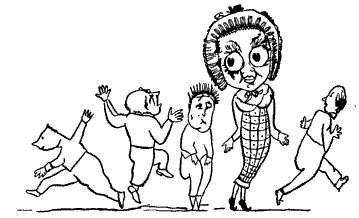
There was a Young Lady whose eyes
Were unique as to color and size;
When she opened them wide, people all turned aside,
And started away in surprise.

There was an Old Person of Chili,
Whose conduct was painful and silly;
He sate on the stairs, eating apples and pears,
That imprudent Old Person of Chili.

There was an Old Man in a tree,
Who was horribly bored by a Bee;
When they said, "Does it buzz?" he replied, "Yes, it does!
It's a regular brute of a Bee."
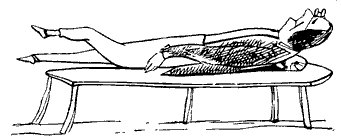
There was an Old Man of Moldavia,
Who had the most curious behavior;
For while he was able, he slept on a table,
That funny Old Man of Moldavia.

There was an Old Person of Dover,
Who rushed through a field of blue clover;
But some very large Bees stung his nose and his knees,
So he very soon went back to Dover.
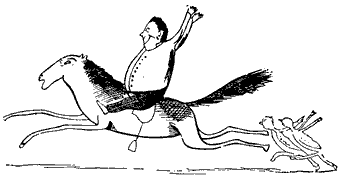
There was an Old Person of Basing,
Whose presence of mind was amazing;
He purchased a steed, which he rode at full speed,
And escaped from the people of Basing.
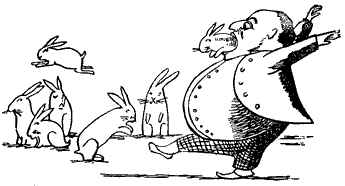
There was an Old Person whose habits
Induced him to feed upon Rabbits;
When he'd eaten eighteen, he turned perfectly green,
Upon which he relinquished those habits.
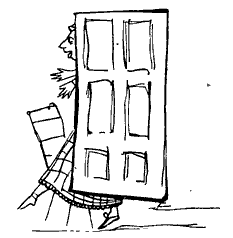
There was a Young Lady of Norway,
Who casually sat in a doorway;
When the door squeezed her flat, she exclaimed, "What of that?"
This courageous Young Lady of Norway.
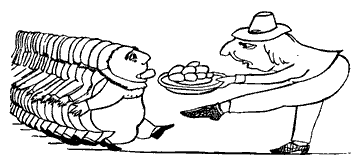
There was an Old Man of Apulia,
Whose conduct was very peculiar;
He fed twenty sons upon nothing but buns,
That whimsical Man of Apulia.
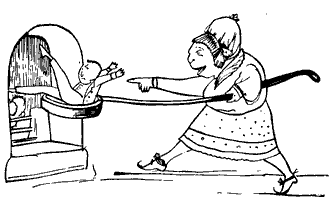
There was an Old Man of Peru,
Who watched his wife making a stew;
But once, by mistake, in a stove she did bake
That unfortunate Man of Peru.

There was an Old Person of Mold,
Who shrank from sensations of cold;
So he purchased some muffs, some furs, and some fluffs,
And wrapped himself well from the cold.
And wrapped himself well from the cold.
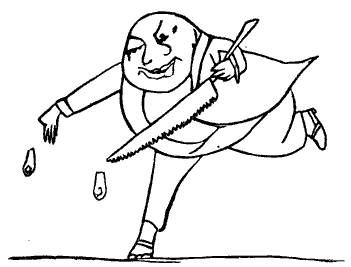
There was an Old Man of the Nile,
Who sharpened his nails with a file,
Till he cut off his thumbs, and said calmly, "This comes
Of sharpening one's nails with a file!"
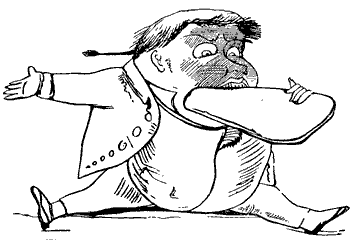
There was an Old Man of Calcutta,
Who perpetually ate bread and butter;
Till a great bit of muffin, on which he was stuffing,
Choked that horrid Old Man of Calcutta.
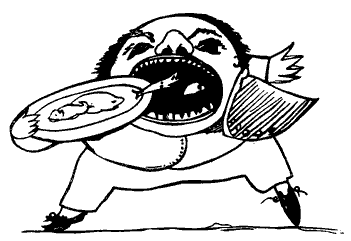
There was an Old Man of the South,
Who had an immoderate mouth;
But in swallowing a dish that was quite full of Fish,
He was choked, that Old Man of the South.
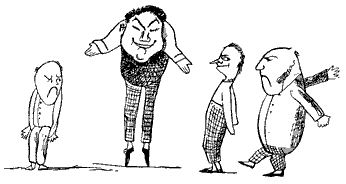
There was an Old Man of Melrose,
Who walked on the tips of his toes;
But they said, "It ain't pleasant to see you at present,
You stupid Old Man of Melrose."
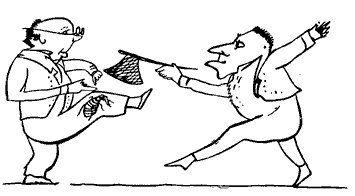
There was an Old Man of the Dee,
Who was sadly annoyed by a Flea;
When he said, "I will scratch it!" they gave him a hatchet,
Which grieved that Old Man of the Dee.

There was an Old Man of Coblenz,
The length of whose legs was immense;
He went with one prance from Turkey to France,
That surprising Old Man of Coblenz.
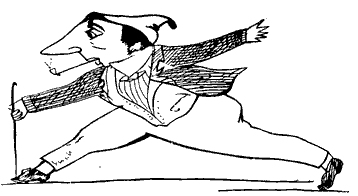
There was an Old Man of Corfu,
Who never knew what he should do;
So he rushed up and down, till the sun made him brown,
That bewildered Old Man of Corfu.
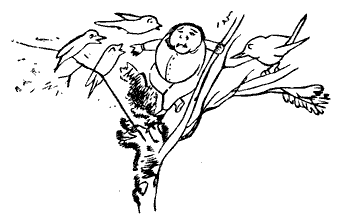
There was an Old Man of Dundee,
Who frequented the top of a tree;
When disturbed by the Crows, he abruptly arose,
And exclaimed, "I'll return to Dundee!"
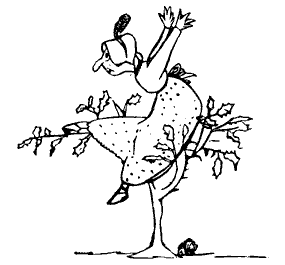
There was an Old Lady whose folly
Induced her to sit in a holly;
Whereon, by a thorn her dress being torn,
She quickly became melancholy.

Edward Lear: photographer unknown, n.d. (image by Phrood, 2009)
Edward Lear (1812-1888): drawings and limericks from A Book of Nonsense, 1846
And see also -- for some sense of the breadth of Lear's amazing genius -- Cold are the crabs.
ReplyDeleteThere was an Artist Man named Edward,
ReplyDeleteWho studied his parrots, his words,
In living his life, he noted its strife,
Edward, sly Master of Absurd.
Yes, it would be the strife that would eat away at one, over the years, there among the parrots and the molluscs.
ReplyDeleteBut let me ask you this then.
How is it that if as the poem suggests the wife of the unfortunate Old Man of Peru has recognized her mistake for what it is -- a simple mistake, the putting of him in the blast furnace of her oven, and him so sadly small -- in the drawing she should appear so, well, pleased about it all?
In that devilish grin I see a connection between Lear and Monty Python, all masters of the absurd, a great English tradition. There’s a parrot in common, too.
ReplyDeleteThere was an old lady of Peru,
ReplyDeleteWho forgot she was in cartoo
n
When she repeated this, she lost it,
not just missed,
So it was with the Old Lady of Peru.
She was then in the factory, too.
The guy from Peru behaved like a bear
ReplyDeletePlus, he had no hair
By then, she had had it
With his tearing and bearing
Pulled the plug on his intrinsic caring.
Ahem yes, my incipient sentiments exactly.
ReplyDeleteLear found the humour in a life that was physically difficult. He was twentieth of twenty one children, had asthma and a weak heart and was afflicted from childhood with epilepsy, suffering repeated grand mal seizures, which caused him shame and were a factor in his withdrawing from a world in which it feels from here as though he was never really quite at home. There were long periods of severe depression which he called "The Morbids". The strange often dark sense of humour, the ultimate defense. His letters are wonderful to read.
“I was much distressed by next door people who had twin babies and played the violin, but one of the twins died, and the other has eaten the fiddle–so all is peace.”
Just what the doctor ordered for a full-blown (i.e., non-incipient) case of the Morbids Susan's poems are wonderful. Curtis
ReplyDeleteCurtis,
ReplyDeleteCouldn't agree more on both counts. Intrinsically speaking.
Tom
ReplyDeleteWhat a vocabulary (borascible, mendacious, quadrille, oracular, dolorous, umbrageous), and great rhythms, and drawings, and sense of place (the sun never set on the British Empire).
6.12
light coming into sky above still black
ridge, white of moon beside pine branch
in foreground, wave sounding in channel
issue means to pass through,
set something present
turning to things, thinking
the other day, phrase
silver line of sun reflected in channel,
waning white moon in cloudless blue sky
I love the drawings best. He knew how to work a pen. A great sense of movement and the daft energy that perfectly matches the poems.
ReplyDeleteSun and Moon were together again
ReplyDeletemuch like a fox and a hen
in the watery channel Ratcliffe saw it,
then topped it off with a naturalized sonnet
daily, the voracious Man with the pen.
"There was an Old Person of Chili,
ReplyDeleteWhose conduct was painful and silly;
He sate on the stairs, eating apples and pears,
That imprudent Old Person of Chili."
.....:)
love the pics!!
The mould was a gold of hot metal
ReplyDeletewhere they waited until it would settle
till Bob rose to the top
in the slag and the slop
and a voice said “Go put on the kettle!”
There once was a sock in a shoe
ReplyDeletewhich was stuck there as if in some glue
and then frozen in time at the foot of the climb
to the summit of Mt. Bungaloo
oh why not, ha ha. This is fun.
ReplyDeleteThere once was an old poet in Portland.
He was known in his time as “The Wart Man”.
But he wrote such fine verse, people saw past this curse,
And his works are now programmed in Fortran.
(I thought Prague rhymed with fog; never heard it pronounced as Prayg. I grew up hearing creek as krik, and route as root, sometimes rowt. Ah words! ha ha
Annie, I think many of Lear's more abstruse (to our ears) rhymes are meant to be humorous representations of the speech patterns of the English U-class of his epoch, so that "vague" and "Prague" would rhyme with the "nog" in "egg-nog".
ReplyDeleteIn any case, of course, the limerick, once Lear had invested it with so so much mystery and magic (and then too, with so much sublimated meaning of so many other kinds -- not excluding that sort of meaning which comes with the sudden explosion of hot air from a punctured hot air balloon), took on a continuing life of its own.
To me it seems a form like the sonnet that demands occasional reinvention to remind us of its... dare I say intrinsic... brilliance.
And to everyone who has done their bit of madly ingenious reinventing hereabove, thanks for the unexpected smiles in the night.
(Not forgetting the other half of the total Lear package -- as WB aptly puts the matter, "he knew how to work a pen. A great sense of movement and the daft energy that perfectly matches the poems".